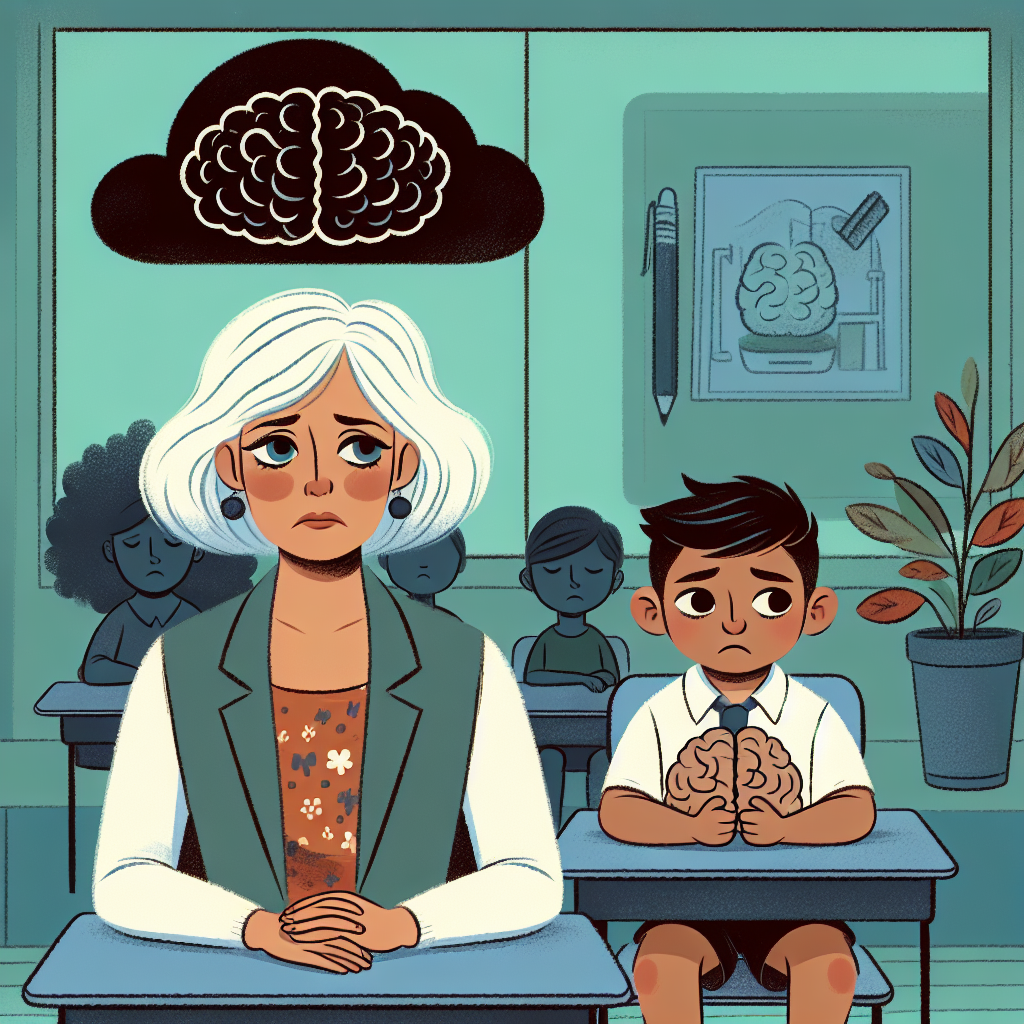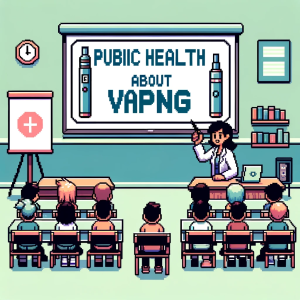
Impacts of Postpartum Depression on Child Development
Postpartum depression (PPD) is a significant mental health concern that affects up to 15% of new mothers, with potentially lasting impacts on child development and education. Recent studies have deepened our understanding of its effects on school-age children, focusing on emotional, behavioral, and academic dimensions.
Understanding Postpartum Depression
Postpartum depression is not simply about hormonal changes; it encompasses a range of emotional and psychiatric disturbances following childbirth. Research indicates that untreated PPD can have severe repercussions on mother-infant bonding, which in turn influences the child’s psychological and developmental trajectory. Early bonding experiences shape a child’s sense of security, social skills, and emotional regulation.
The Long-Term Effects on Children
Children exposed to postpartum depression are at greater risk of developing emotional and behavioral difficulties. Research highlights significant associations between PPD and challenges such as anxiety, depression, and attention disorders in middle childhood. These children may struggle with behavioral regulation, leading to difficulties in school settings due to increased temper tantrums and an inability to focus.
Impact on School Psychology
The implications of postpartum depression span beyond the home environment, significantly affecting school performance and psychology. Emotionally disturbed children often face academic challenges, poor peer relations, and lower self-esteem. School psychologists must be cognizant of these factors, particularly when assessing children’s behavior and performance in school.
Strategies for Support
Addressing these issues requires integrated strategies that involve parents, educators, and healthcare providers:
- Screening and Early Intervention: There is a strong case for regular screening for PPD and timely interventions. Early management can alleviate symptoms and prevent long-term effects on children.
- Parental Support Programs: Implementing support groups and parenting workshops can empower mothers to establish strong, nurturing bonds with their children.
- School-Based Interventions: Schools can provide counseling and emotional support to children affected by PPD. Educators should work together with mental health professionals to create supportive learning environments.
The role of genetic and environmental factors cannot be ignored. Machine learning models are now being used to predict the risk of PPD, allowing for proactive approaches tailored to individual needs.
The Future of School Psychology
Understanding the multifaceted impact of postpartum depression on school-aged children can inform future educational and public health strategies. Policies ensuring comprehensive mental health support for mothers may subsequently improve outcomes for children, enhancing their ability to perform socially and academically.
Addressing postpartum depression is not just about improving maternal health. Its wider impact on childhood development and learning highlights the need for a systemic approach integrating medical, psychological, and educational domains to support both families and school systems effectively.



